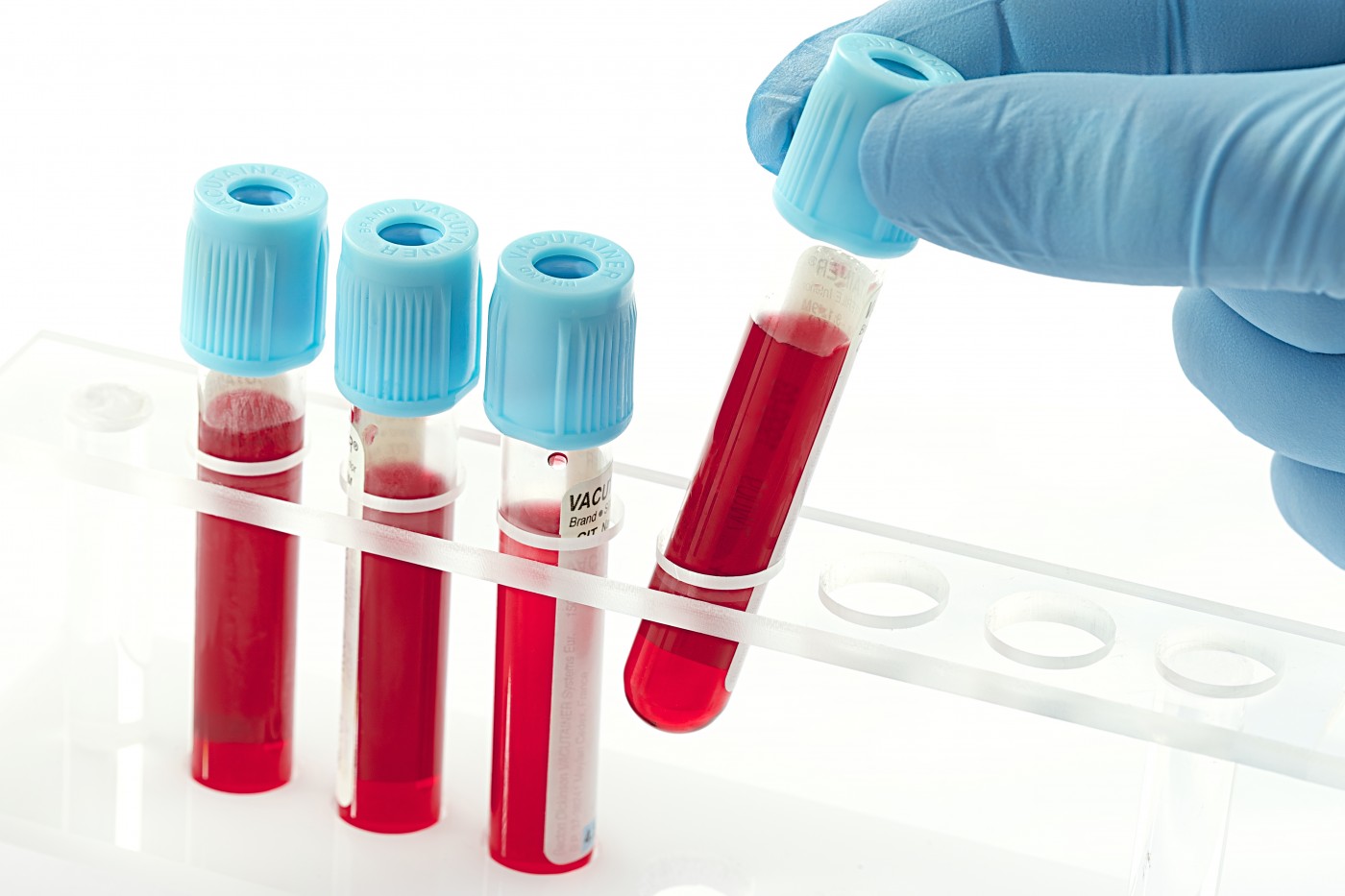 A new study published in the journal Medicine showed that the survivin protein could potentially be used as a diagnostic tool for rheumatoid arthritis (RA). The study is entitled “Recognizing Rheumatoid Arthritis: Oncoprotein Survivin Opens New Possibilities: A Population-based Case–Control Study.”
A new study published in the journal Medicine showed that the survivin protein could potentially be used as a diagnostic tool for rheumatoid arthritis (RA). The study is entitled “Recognizing Rheumatoid Arthritis: Oncoprotein Survivin Opens New Possibilities: A Population-based Case–Control Study.”
RA is an autoimmune disease that leads to chronic inflammation of the joints and other parts of the body due to an overreaction of the body’s own immune system, which results in the attack of healthy tissues. In the United States, it is estimated that about 1.5 million people suffer from the disease, with women having a significantly higher susceptibility.
The survivin protein is a known biomarker of cancer being highly expressed in most human tumors, where it has an anti-apoptotic and cell-cycle regulating role. High levels of survivin can also be detected in the blood and synovial fluid (fluid found in the cavities of synovial joints) of patients with RA, being associated to early damage of the joints and poor therapeutic prognosis.
The goal of this study was to assess the value of measuring blood survivin levels as a diagnostic tool for RA in patients from the Malaysian Epidemiological Investigation of Rheumatoid Arthritis (MyEIRA) study. RA patients (1,233) from eight Peninsular Malaysia’s rheumatology centers were enrolled in the study, along with comparable healthy controls (1,566) in terms of gender, age and ethnicity. Patients were either of Malaysian, Indian or Chinese ethnicity. The survivin levels were measured, the presence of the HLA-DRB1 shared epitope alleles (known to be associated with RA) was determined, and the RA risk was calculated.
Researchers found high survivin levels in blood serum of about half of the RA patients (50.7%) and in 5.4% of the controls, suggesting that survivin has a high specificity for RA and can potentially be used as a biomarker. An association was also identified between high survivin levels, antibodies against cyclic citrullinated peptides (ACPA, autoantibodies present in the majority of the RA patients), and shared epitope alleles HLA-DRB1*01 through HLA-DRB1*16 (especially DRB1*01 and DRB1*04). Concerning the risk for RA, it was found to be increased in patients with high survivin levels but without ACPA nor SE-alleles; on the other hand, patients who had high survivin levels, SE-alleles and ACPA had an estimated risk 16-fold higher in comparison with patients who had SE and ACPA but were negative for survivin.
The research team concluded that survivin detection in the blood can be a simple diagnostic test that can potentially increase the clinical predictability for RA.


